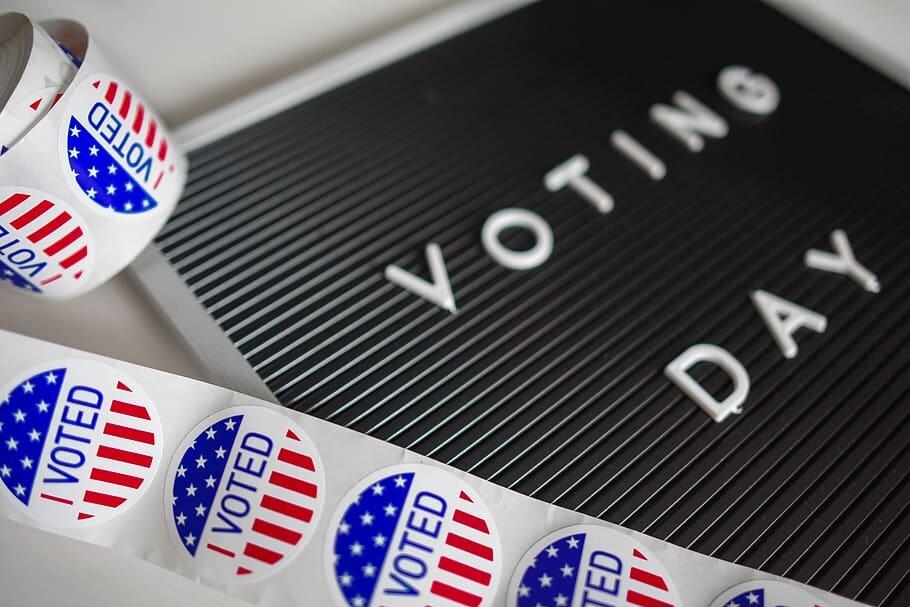Ah, vaping. It’s what the “cool kids” do now across the street on their lunch break instead of smoking cigarettes—because hey, isn’t it totally safe?
That’s where the controversy lies. This past July, vape and e-cigarette company Juul made headlines across the media when a congressional hearing brought new findings to light about the ways in which the company was marketing their products to youth. It was brought to the nation’s attention that Juul was advertising their e-cigarettes and vapes as “totally safe,” according to Business Insider, and that the company paid “schools and summer camps tens of thousands of dollars to give presentations to students.” Now, if you can’t see the issue with that right away, I’m not sure how you’re going to react to the rest of this article.
Let’s get this straight: a company that sells vapes—vapes which may contain nicotine or THC—flat out paid people to tell youth that their products were completely safe, and probably put an emphasis on their “yummy flavors,” as well. Juul claims that their marketing efforts have never been aimed at youth, and that the goal of their products is to help adults who previously smoked, wean off of tobacco, yet somehow, it doesn’t seem like their actions line up with their words. Business Insider points out that though Juul says their company does not target teens in their advertising, “Public-health experts, however, say Juul targeted teens online by evoking feelings of ‘relaxation, freedom, and sex appeal’.”
Tell me something: does this ad look like it’s directed towards adults who want to seriously work on stopping their tobacco addiction?

Because to me, it looks like an ad that youth would be drawn to, especially since it makes it appear as if it’s “cool” to vape, whether by yourself or with a friend. Juul claims that their marketing is aimed at adults and not children, but honestly, I would find these ads of theirs very appealing as a younger child who wants to “fit in” or “have fun” in a way that’s apparently “totally safe.”
According to USA Today, “More than 400 people have gotten sick and at least five have died” of things related to lung illnesses caused by the vaping of nicotine and THC products. So it’s not just a case of misleading and harmful marketing—it’s sometimes a case of life or death.
I know from experience that teens truly do believe vaping is safe. In high school, I had friends that vaped because they thought that it was either “nicotine-free” or just “not too bad” for your body, at least in comparison to tobacco. And fortunately now, this so-called “safe” product is being brought under fire across the nation for its misleading advertising and harmful effects. But will Juul ever be able to undo the harm they’ve already caused to so many young adults and their families?










 Spokane?
Spokane?